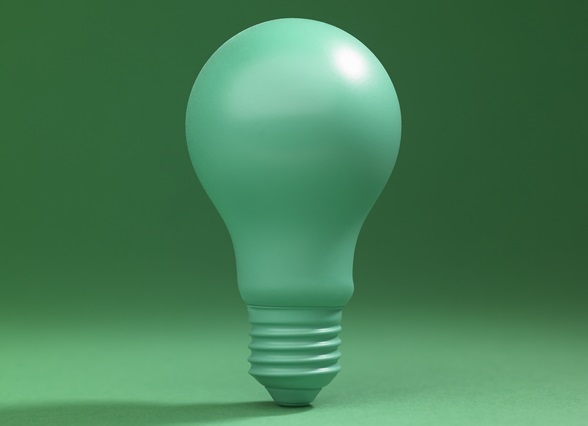Higher yielding processes, faster manufacturing and fewer consumables can all help drive significant reductions in environmental impact, highlight a group of authors including scientists from Genentech, GlaxoSmithKline and Merck & Co in a paper published in New Biotechnology.
“The process intensification approach aligns perfectly with the direction of the biopharmaceutical industry striving to reduce cost of goods and increase patient access to novel medicines while reducing the impact on the environment,” they note.
Life Cycle Assessment
The goal of the study, entitled ‘Streamlined life cycle assessment of single use technologies (SUT) in biopharmaceutical manufacture, was to highlight where pharmaceutical companies, and biologics producers in particular, can reduce the environmental impact of their drug substance manufacturing.
The focus on biologics was chosen given their rapid growth and their status as being ‘on target to become the main therapeutic modalities for acute and chronic disease treatment’.
Additionally, the generic monoclonal antibody manufacturing train assessed is a mass-intensive manufacturing process.
Electricity guzzling processes
The researchers, who all come from American Chemical Society Green Chemistry Institute Pharmaceutical Roundtable member companies, undertook a streamlined cradle-to-gate life cycle assessment on a biological bulk drug substance (BDS) manufacturing process utilizing SUT at the 2000 L scale.
The results showed that the largest contribution to the life cycle environmental impact for an SUT process was the electricity used to operate the plant: thus illustrating the importance of addressing electricity consumption and sourcing for renewable sources.
